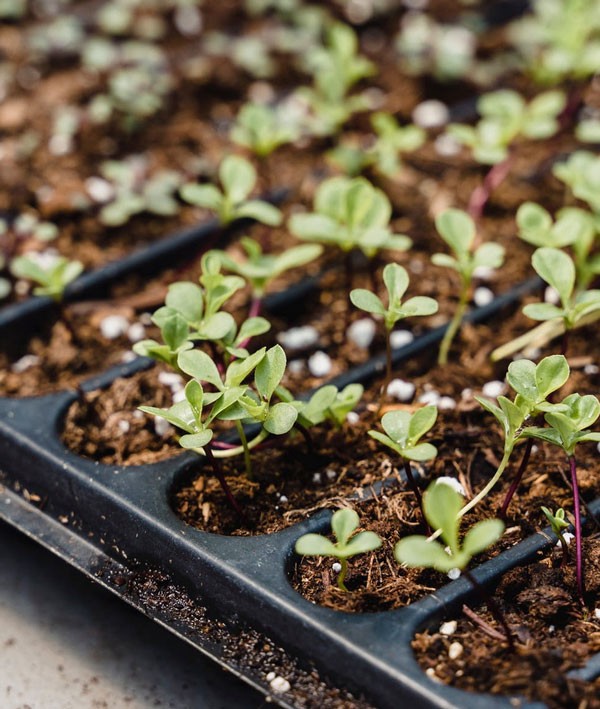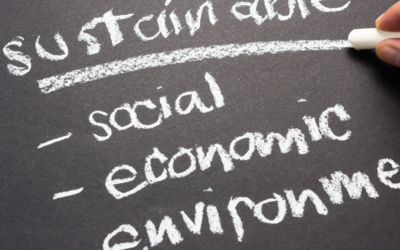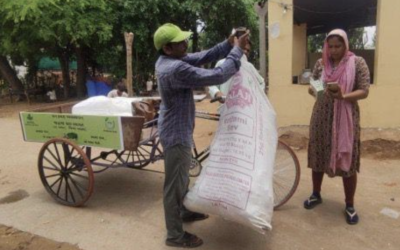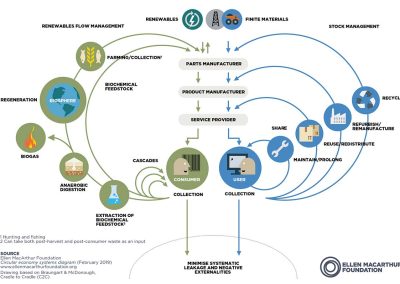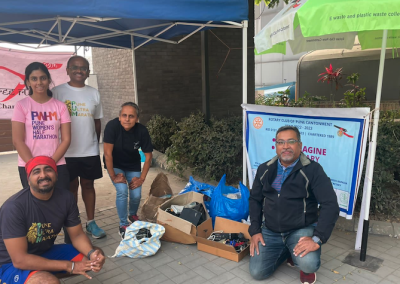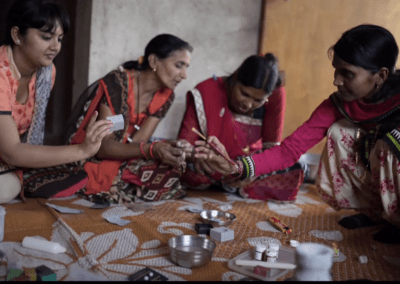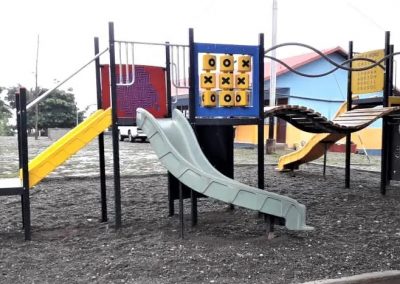THEME
Circular Economy
Rethink, Refuse, Reduce, Re-choose, Repair,
Reuse, Recycle towards zero waste

WHAT IS IT?
Circular Economy at ESRAG
How does circular economy benefit humanity?
Circular strategies reduce the greenhouse gas emissions and other pollution associated with resource extraction, manufacturing, and waste disposal. The Circularity Gap 2022 report estimates that as much as 70% of greenhouse gas emissions are generated by materials handling and use, and that humans waste over 90% of the materials we extract. “The twin agendas of circular economy and climate mitigation gets us on a path to a well below 2-degree world by 2032,” according to the report’s executive summary.
CIRCULAR ECONOMY
Learn more
Celebrate Sustainably: A Guide to Plant-Based Holidays and Circular Economy Fun
By Joan Marie Gagnon, ESRAG’s Plant-Rich Diet Task Force, Foxboro, MA, USA Rotary Club How a Plant-Rich Lifestyle Fits Into a Circular Economy (And How to Teach It to Your Kids and Celebrate the Holidays with It!) A plant-rich lifestyle and a circular economy are like...
How Global Leadership Could Potentially Advance Environmental Action
By Rob Sisson In economics, surprising results can occur when shifts are made. For instance, raising prices doesn’t always increase income—sometimes the opposite happens. Similarly, when world leaders make unexpected choices, the outcomes can have surprising and...
Innovative Waste Solutions: A Village’s Journey Towards Sustainability
By: Dr.Bindu Shirsath, ESRAG SA Correspondent What can be done when people resort to dumping or burning waste material close to where they live, practices that harm public health, local economies, and the environment? In the small village of Jahaj, Gujarat, India, a...
Take Action with Circular Economy
Use your professional expertise and influence to promote the development of durable products that are produced sustainably and are practical and affordable to repair. Incentivize resource recovery. Encourage sharing of services and tools – like cars or a Library of Things. You will help businesses, consumers, and local governments save money on materials, energy, and waste disposal. Click on the project overviews below to discover some of the many ways Rotarians are building circular economy around the world.
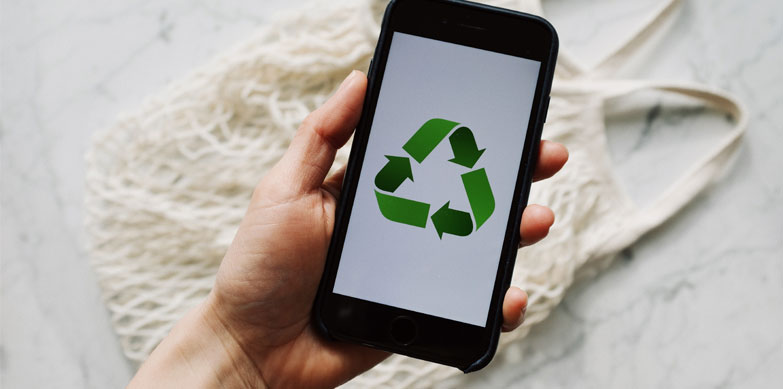
Lithium-Ion Battery Recycling
Dispose of lithium-ion batteries through a fully closed-loop recycling solution.
CIRCULAR ECONOMY
Featured Projects
Projects surrounding circular economy.
CIRCULAR ECONOMY IMPACT
Resources
A circular economy is an economic
system aimed at eliminating waste and
the continual use of resources.
Throughout our region Rotary is making a difference in a variety of ways that are tailored to suit the local situation. We have included some and look forward to promoting more project types when we receive the information.
A major area of focus is recycling and re-purposing reusable equipment and supplies.
These strategies replace the “take-make-waste” linear economy by circulating products and materials at their highest value and keeping as much as possible out of our waste stream. Circular economy can be enhanced at every stage of a product’s useful life:
• building sustainability and durability into product design
• sustainable manufacture
• improving systems for maintenance and repair
• sharing services and equipment
• reusing products, and
• minimizing waste

CIRCULAR ECONOMY
Featured Events
